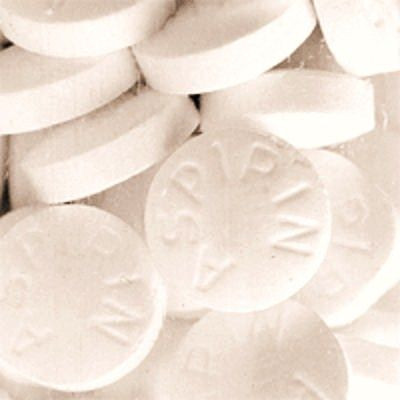Asprin Use Linked To Blindness In The Elderly

An Australian study that looked at 2,389 patients over a period of 15 years showed that regular usage of Aspirin leads to an increase in Age-Related Macular Degeneration (AMD).
Macular degeneration occurs when the light sensitive cells in the back of the eye start dying either because the blood vessels in the back are leaking (wet Macular Degeneration) or when the retina starts to thin and the cells start dying (Dry Macular Degeneration). Smoking is a known factor that contributed to Macular Degeneration.
Aspirin is used in the elderly to thin the blood and is known to be good for the heart and possibly prevent heart attacks.
"The cumulative incidence of neovascular AMD among nonregular aspirin users was 0.8 percent at five years, 1.6 percent at 10 years, and 3.7 percent at 15 years," said study co-author Prof Paul Mitchell of the Westmead Millennium Institute for Medical Research's Centre for Vision Research.
"Among regular aspirin users, the cumulative incidence was 1.9 percent at five years, 7 percent at 10 years and 9.3 percent at 15 years, respectively, indicating that regular aspirin use is significantly associated with an increased incidence of neovascular AMD."
The research report concludes: "Currently, there is insufficient evidence to recommend changing clinical practice, except perhaps in patients with strong risk factors for neovascular AMD in whom it may be appropriate to raise the potentially small risk of incident neovascular AMD with long-term aspirin therapy."
The report published in the Journal of the American Medical Association can be found here.
Published by Medicaldaily.com



























